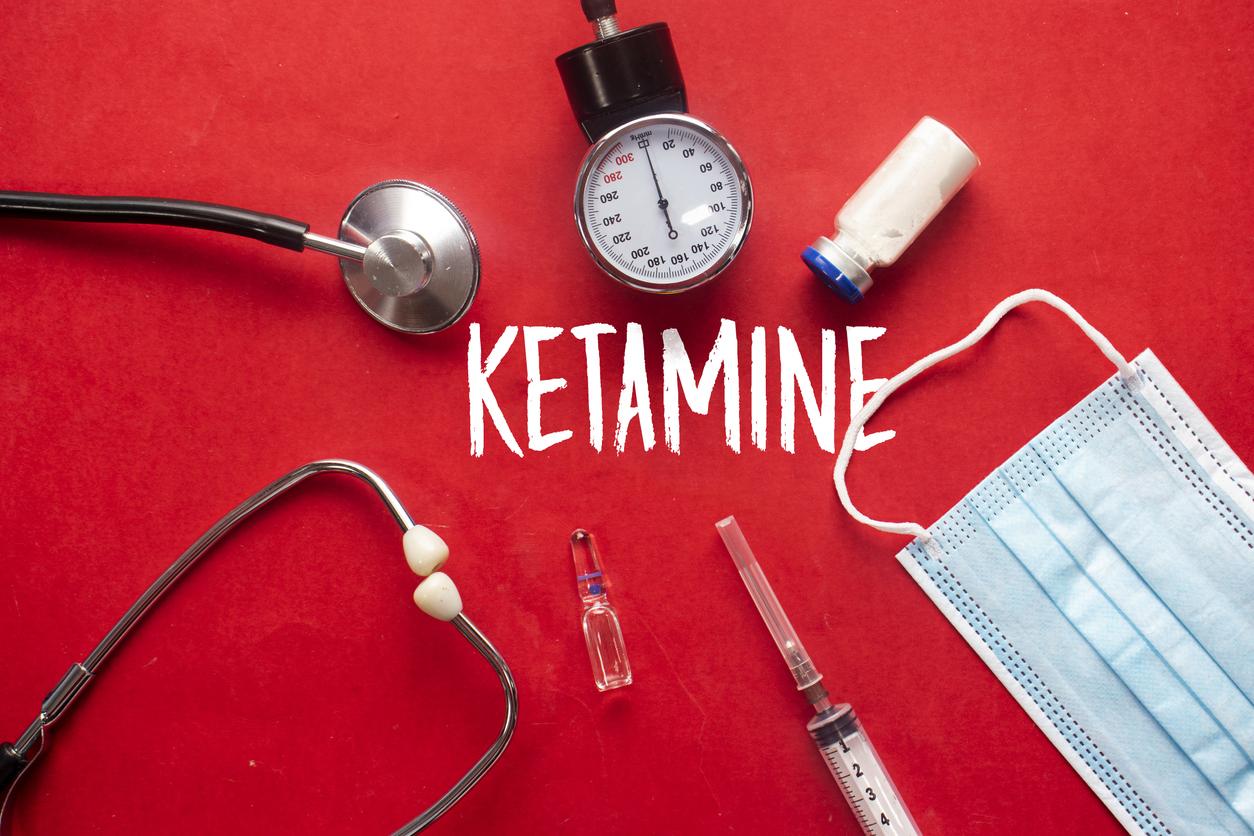A simple infusion of ketamine combined with therapy can help addicts reduce their alcohol consumption.

Every year, alcohol kills 3.3 million people worldwide according to theWorld Health Organization. To date, there are only too few effective drugs to fight addiction. However, American researchers have worked on a new lead: ketamine. It is a psychotropic, used as an anesthetic and which has already proven itself in the treatment of depression. According to the scientific team, a single injection of ketamine, combined with behavioral therapy, can significantly help abstain from drinking.
The study, led by Elias Dakwar, associate professor of clinical psychiatry at Columbia University, was published Dec. 2 in the journal American Journal of Psychiatry. “Our findings add to a growing body of evidence that a dose of drugs with potent psychoactive effects, such as MDMA, psilocybin and ketamine, can have immediate and long-term effects on behavior, particularly when it is integrated into psychotherapy,” says Professor Elias Dakwar.
A dose of ketamine more effective than some drugs
Forty people with alcohol addiction participated in the study. Each participant received either a dose of ketamine or a dose of midazolam, a drug already used in alcohol withdrawal. Additionally, all individuals attended motivational enhancement sessions, a type of psychotherapy that is not very successful in people with alcohol use disorders.
The hypothesis put forward by the researchers was that this therapy would work better if it was associated with the injection of a dose of ketamine at the start of treatment. Thus, 82% of patients who took ketamine remained abstinent for three weeks after the infusion, compared to 65% of those who took the drug midazolam. Additionally, the ketamine group took longer to relapse, and had fewer heavy drinking days. The researchers did not observe any adverse effects.
Be more motivated to quit
Although ketamine has been shown to be effective, researchers still don’t know how it promotes abstinence. Recently, British researchers found that ketamine altered alcohol-related memories. “One possibility is that ketamine addresses addiction-related vulnerabilities, such as low motivation and lack of resilience, that contribute to problematic alcohol use. Ketamine could create a space through which the patient could benefit from behavioral treatment, and lay a new foundation for achieving certain goals,” says Professor Dakwar. So the participants were better able to bounce back from a relapse for example, unlike the group that took the drug midazolam. Researchers are currently investigating whether multiple doses of ketamine improve abstinence even further.

.

















